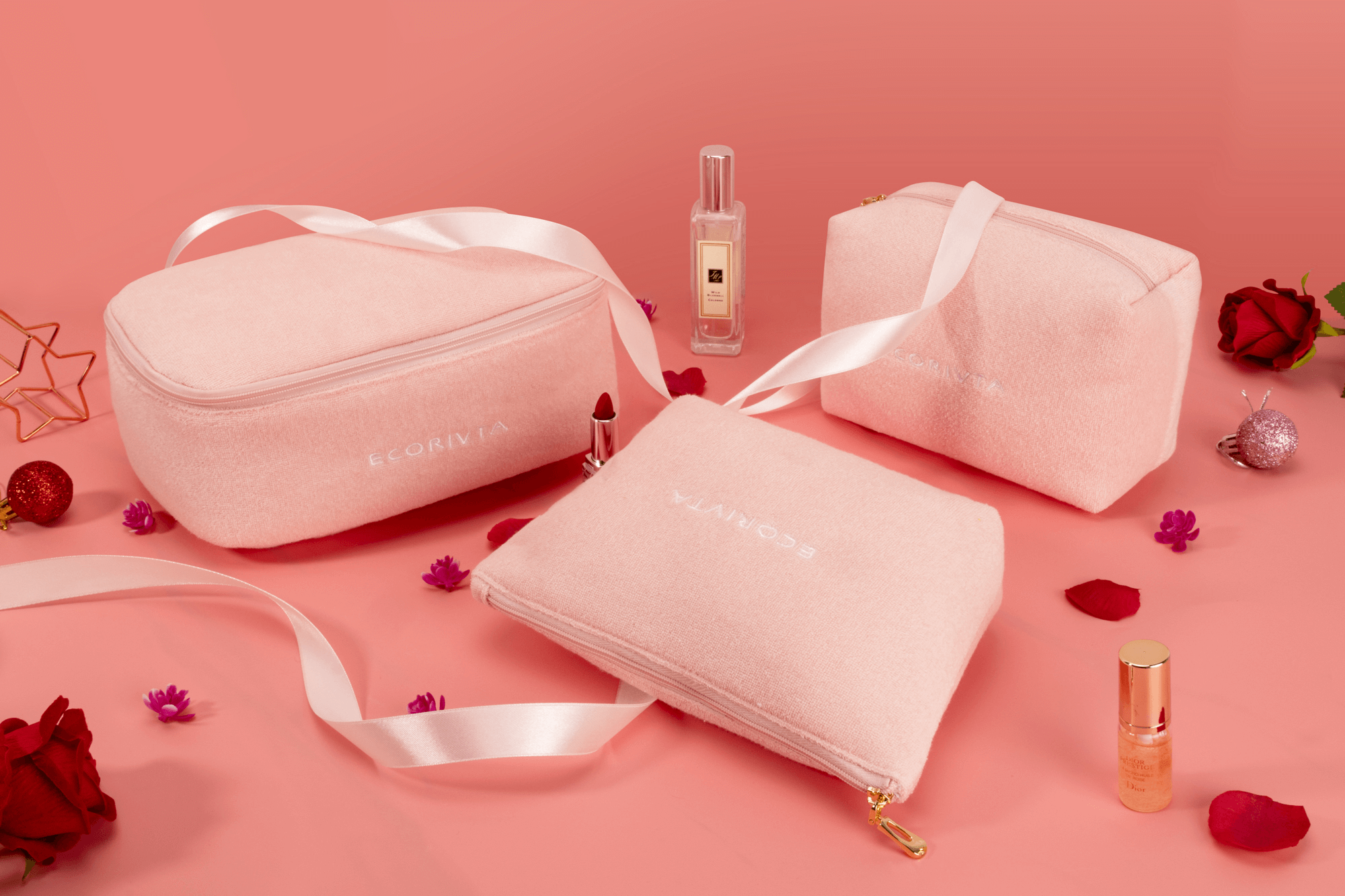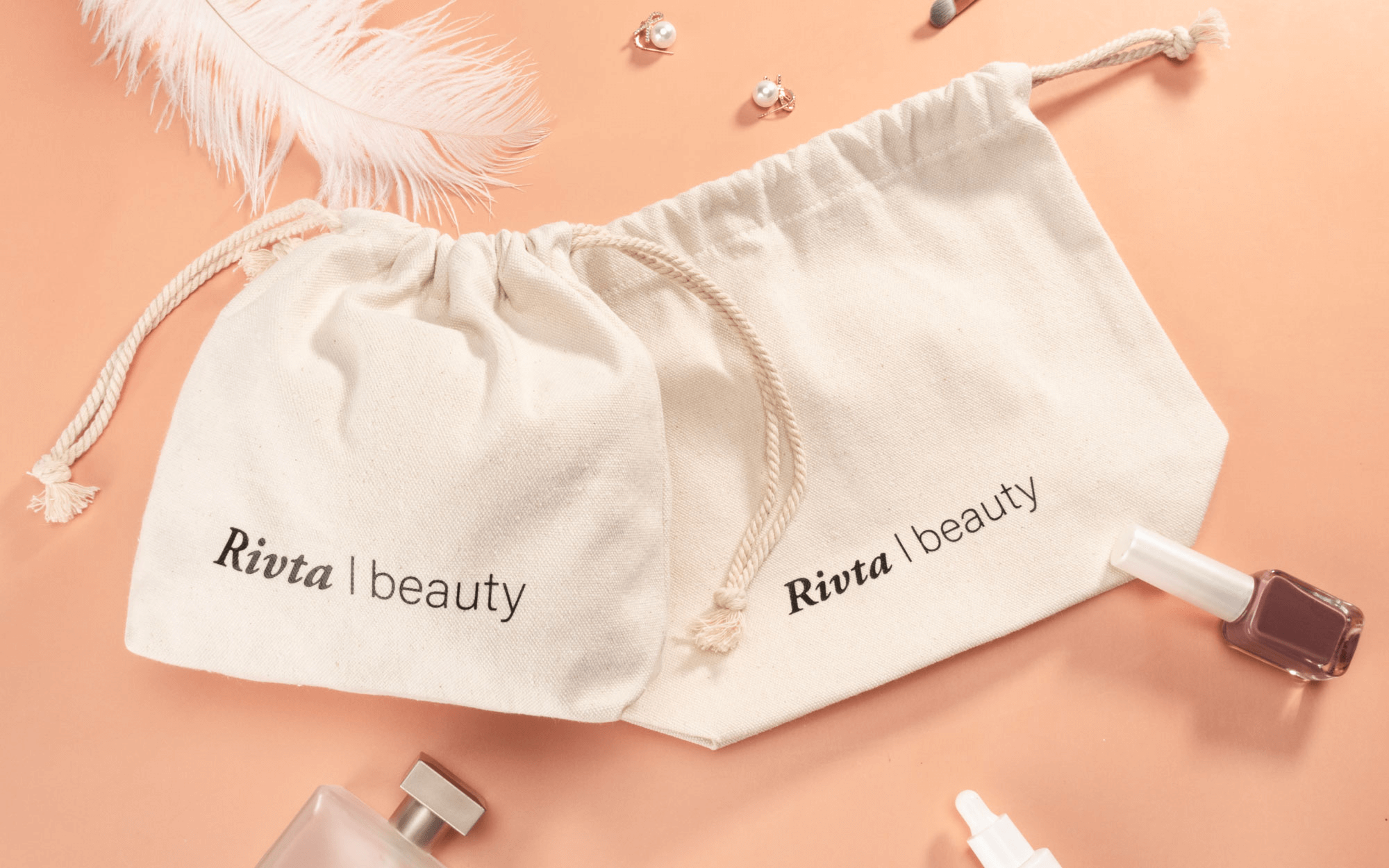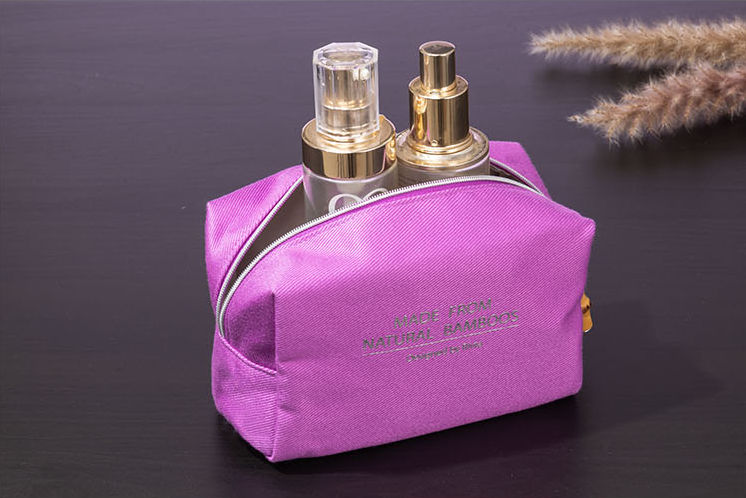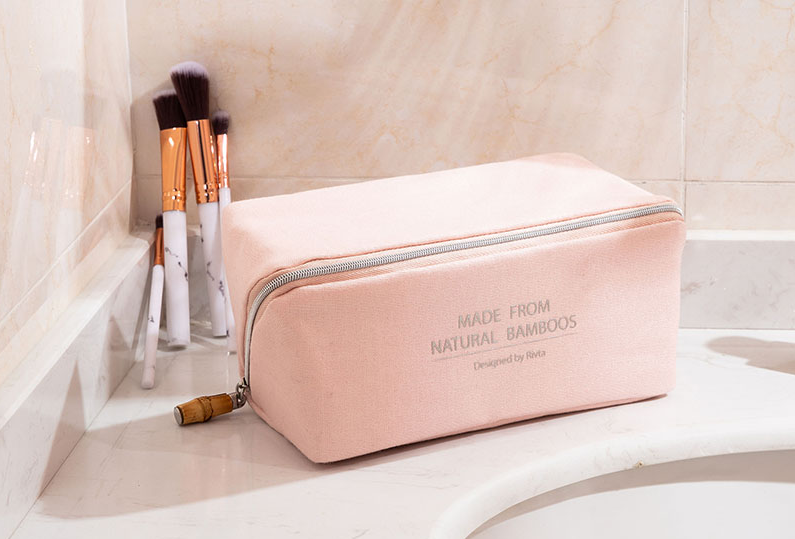Sustainable & Eco-Friendly Makeup Bag Manufacturing: What to Look For?
You want to create sustainable products, but every supplier claims to be "eco-friendly." You fear being misled by greenwashing, damaging your brand's integrity and your customers' trust.
Look for third-party certifications for materials (GRS), factory processes (ISO 14001), and social compliance (BSCI, Sedex). True sustainability is proven by verifiable data, not just marketing words.
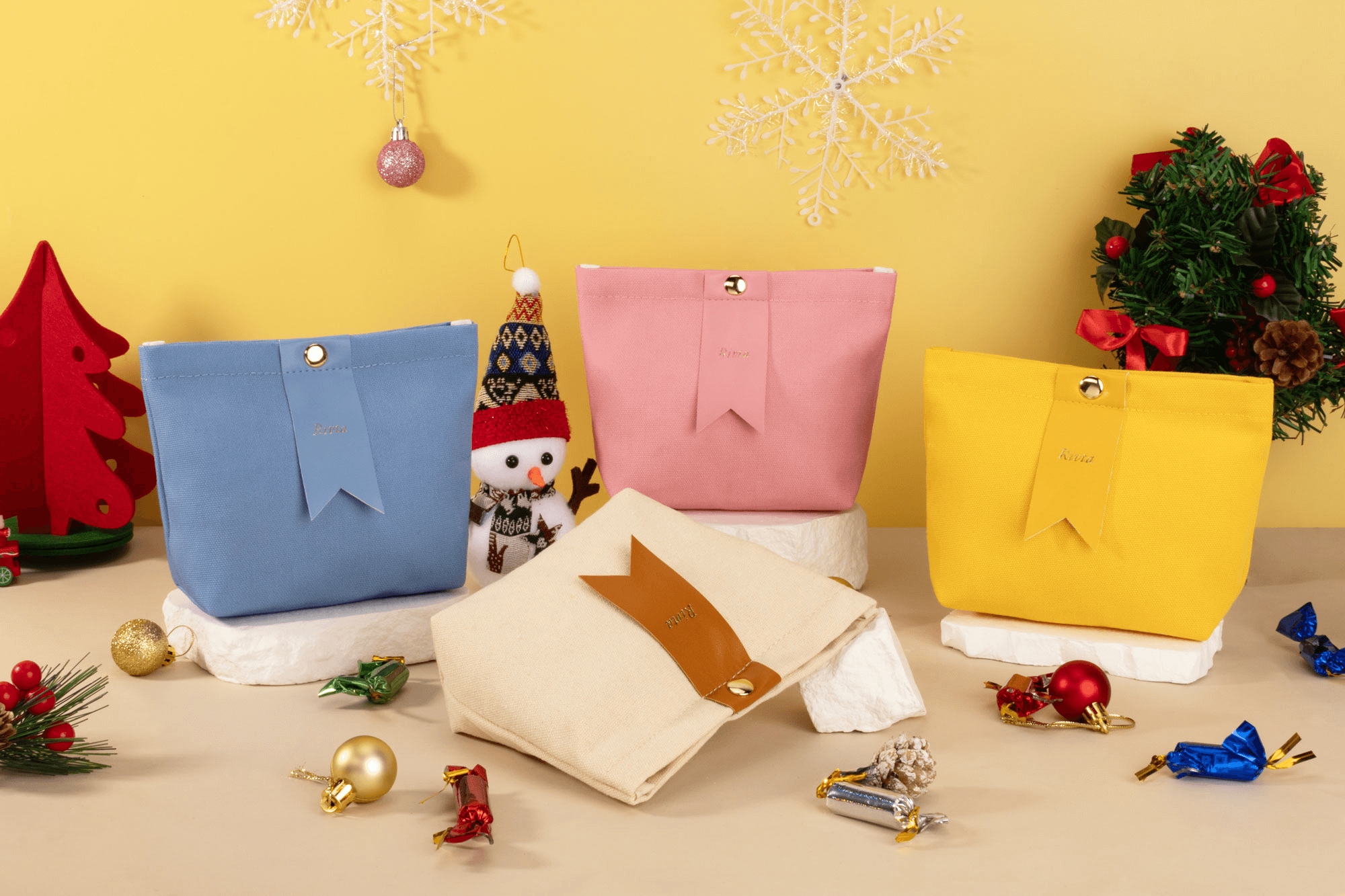
Since we started in 1990, the word "sustainability" has changed from a niche concept to a core business requirement. I have seen countless brands struggle to find a partner who genuinely shares their eco-conscious values. Greenwashing is a real problem. Many factories use vague terms like "eco" or "natural" without any proof. For brand founders like Alisa, who built her business on using effective and sustainable materials, this lack of transparency is unacceptable. Real sustainability is not a marketing tactic; it is a commitment that runs through the entire supply chain. This guide is your checklist to help you separate the genuine partners from the greenwashers and build a brand you can be proud of.
Do the materials truly matter most?
Every supplier offers "eco-fabrics," but you don't know which are genuinely sustainable. Without proof, you worry your material choice could be doing more harm than good.
Yes, materials are the foundation of a sustainable product. Verify recycled fabrics with GRS certification and ask about the sourcing of natural fibers like organic cotton to ensure their eco-claims are real.
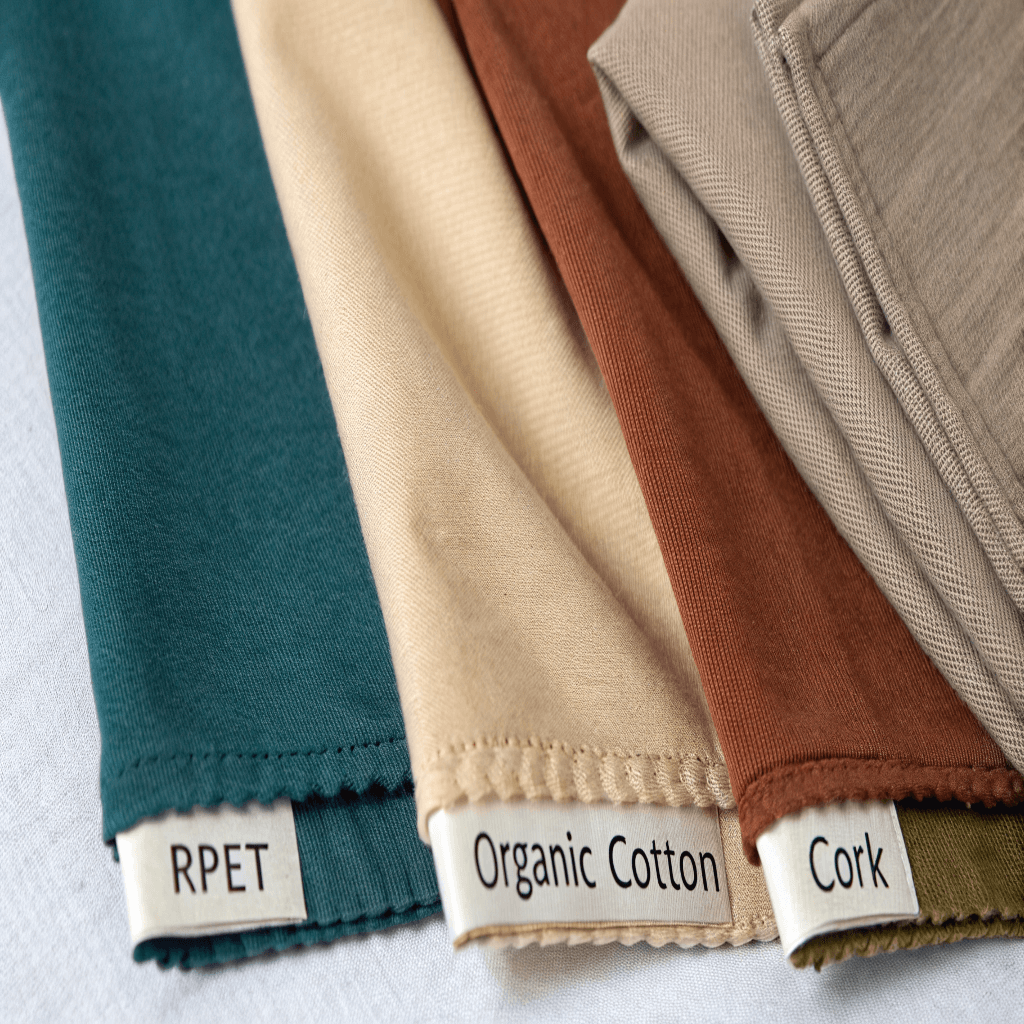
The materials you choose tell the first chapter of your product's sustainability story. This is the most visible and tangible connection your customer has to your brand's values. But you must look beyond the buzzwords. A factory that is serious about sustainability will provide clear documentation for their materials.
Here's how to break it down:
- Verifying Recycled Fabrics: Materials like RPET (made from recycled plastic bottles) are fantastic, but only if they are certified. Ask for a GRS (Global Recycled Standard) certificate. This proves the recycled content and ensures responsible social and environmental processing.
- Assessing Natural Fibers: Conventional cotton is a very thirsty and pesticide-heavy crop. Organic cotton is a much better choice because it is grown without toxic chemicals. Ask if your supplier can source GOTS (Global Organic Textile Standard) certified cotton.
- Innovative Bio-Materials: New materials are always emerging. Plant-based "leathers" made from cork, pineapple leaves (Piñatex), or cactus are gaining popularity. Ask potential partners about their experience and minimums for working with these innovative fabrics.
| Material | Key Benefit | Verification to Ask For |
|---|---|---|
| RPET | Reduces plastic waste | GRS Certificate |
| Organic Cotton | Reduces water & pesticides | GOTS Certificate |
| Cork / Plant "Leathers" | Renewable, plant-based | Supplier Case Studies |
What about the factory's environmental footprint?
A supplier might use eco-materials, but you're worried their factory pollutes the environment. If their production process is dirty, the sustainable material choice feels meaningless.
The factory's footprint is critical. Ask for an ISO 14001 certification and inquire about their specific waste management, water recycling, and chemical use policies to see their true environmental commitment.
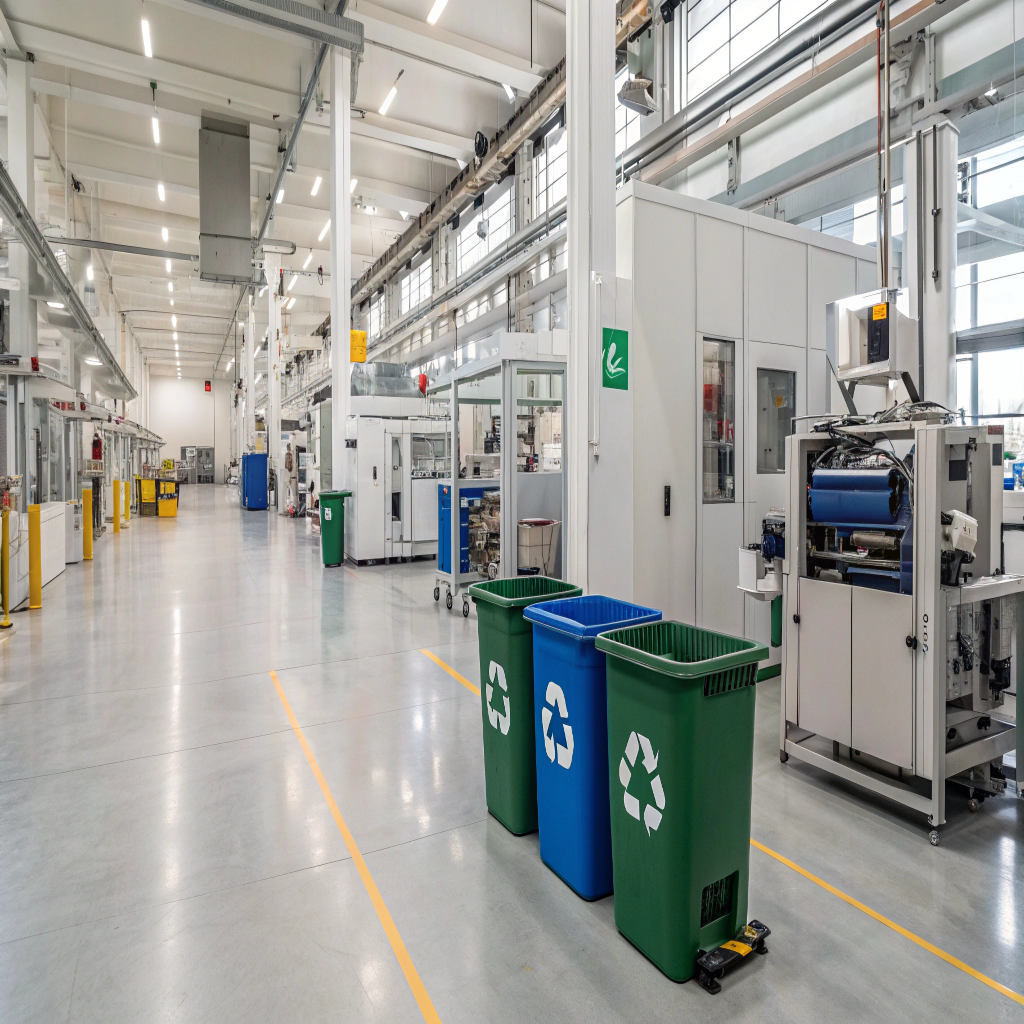
A truly sustainable product comes from a clean and responsible factory. It's hypocritical to use recycled materials but produce them in a facility that dumps waste into rivers or pollutes the air. This is where you have to dig deeper into the supplier's own processes and ask for proof of their environmental management.
- Ask for an ISO 14001 Certification: This is an international standard for an effective environmental management system (EMS). A factory with this certification has proven that they actively measure, control, and work to reduce their environmental impact. It is a powerful signal that they take their responsibilities seriously.
- Inquire About Their Process: Don't be afraid to ask specific questions. You can ask: "Do you have a water recycling system for your dyeing or printing processes?" or "What are your procedures for managing fabric scraps and other production waste?" A proud, responsible factory will be happy to share these details. At Rivta, our "Green Mission" is not just about the products we make, but how we make them, pushing us to constantly improve our own footprint.
What about the people behind the product?
You see a low price, but you have a nagging fear about the working conditions. Are the people making your products being treated fairly and paid a living wage?
Ethical production is a vital part of sustainability. Verify a supplier's commitment to their workers by asking for recent social compliance audits like BSCI or Sedex.

Sustainability is not just about the planet; it is also about people. A product cannot be considered truly "good" if it was made by people who are exploited. Ensuring fair labor practices is a moral obligation and it protects your brand from huge reputational risks. Customers care deeply about this.
- Understanding Social Compliance Audits: Third-party audits are the best way to verify a factory's working conditions. BSCI (Business Social Compliance Initiative) and Sedex are two of the most respected standards globally. An audit report will cover areas like working hours, fair wages, workplace safety, and the prohibition of child or forced labor.
- Ask for the Latest Report: When you ask a supplier if they are BSCI or Sedex audited, they should be able to provide you with the most recent audit report. As a BSCI-audited factory, we see this as a badge of honor. It shows our commitment to creating a safe and fair environment for our team, which is the foundation of our ability to produce high-quality products.
Is durability the ultimate form of sustainability?
You found a supplier for a cheap "eco" bag. But you worry if it falls apart in a few months, it will just end up in a landfill, making the problem worse.
Yes. A durable, well-made product that lasts for years is far more sustainable than a poorly made "eco" item that is quickly thrown away. Prioritize quality control to minimize waste.
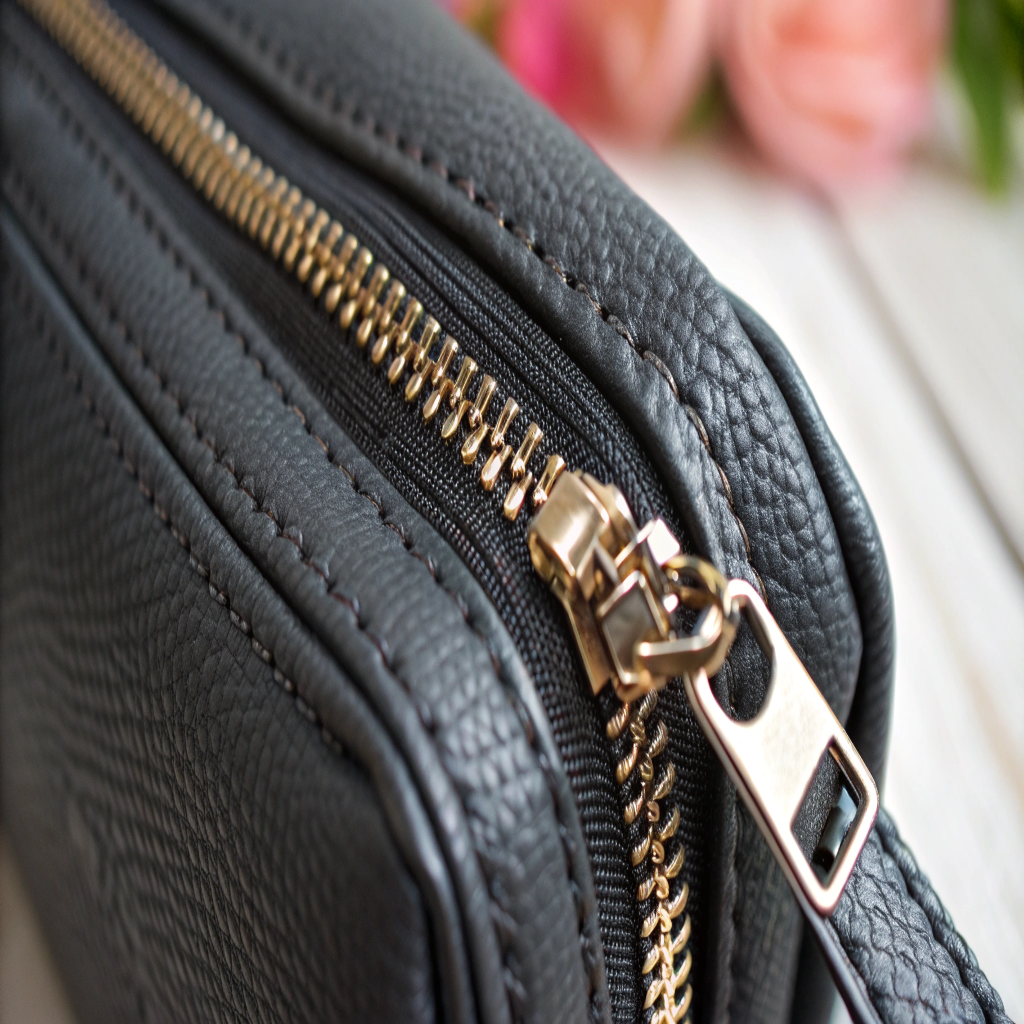
The most sustainable product is the one you don't have to replace. This is a simple truth that often gets lost in the conversation about materials. Creating a product that is built to last is one of the most impactful things you can do for the environment. It reduces consumption, waste, and the resources needed to manufacture and ship a replacement. This is why a supplier's Quality Control (QC) process is a critical component of their sustainability claim. A durable bag needs strong fabrics, but it also requires quality construction. Ask about their stitching techniques—do they use reinforced stitching on stress points like handles and corners? What kind of zippers do they use? A high-quality YKK zipper, for example, will last much longer than a cheap, unbranded one. A rigorous, multi-stage QC process that inspects materials, in-line production, and finished goods ensures you get a product that represents your brand well and won't end up in the trash after one season.
How does RIVTA champion sustainable manufacturing?
You want a partner who not only understands sustainability but actively lives it. You need a supplier whose actions align perfectly with your brand's core values.
Our "Green Mission, Global Win-Win" slogan is our promise. We champion sustainability through certified materials (GRS), ethical production (BSCI), and a relentless focus on creating high-quality, durable products.
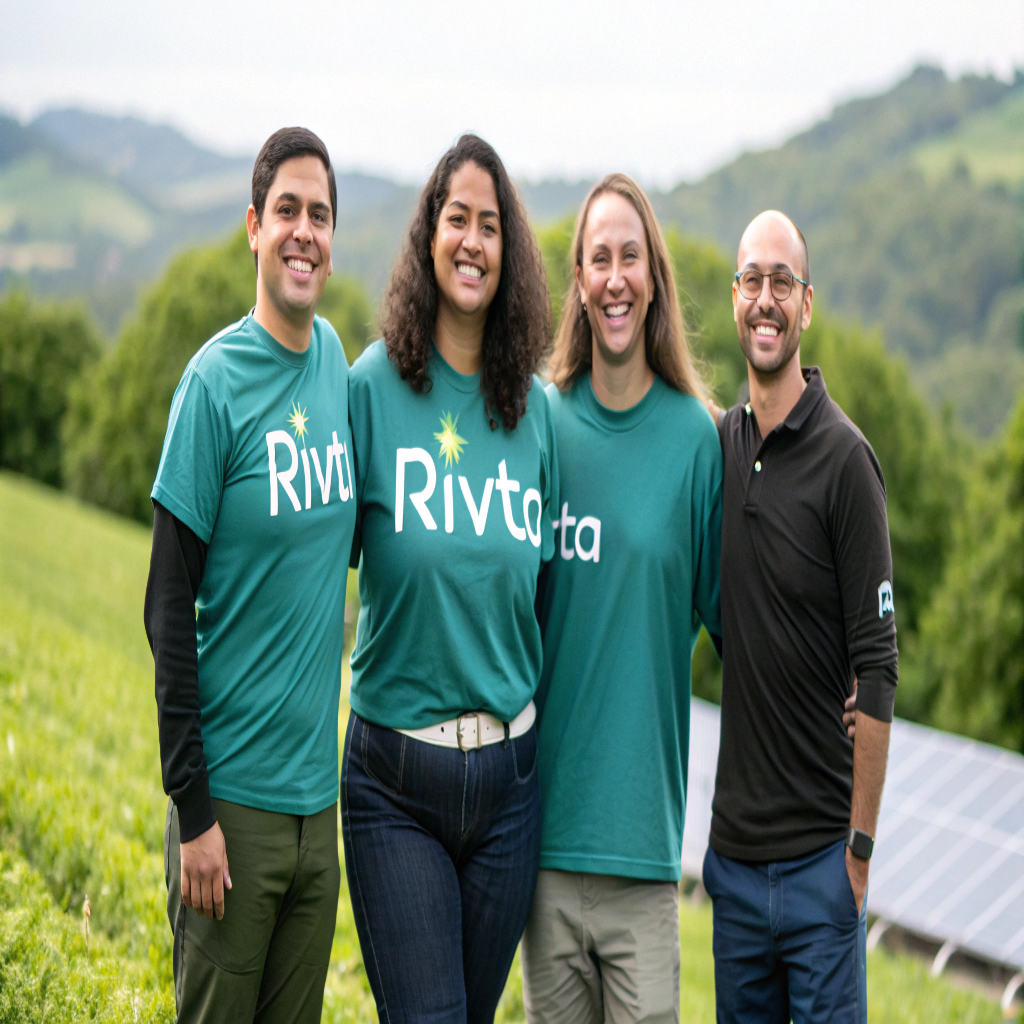
We believe that being a responsible manufacturer is our duty. For us, sustainability is not a department; it's our identity. It is built into everything we do, from sourcing materials to shipping the final product. We proudly use GRS-certified RPET, turning plastic waste into beautiful and durable bags. Our entire operation is BSCI-audited, guaranteeing that every member of our team works in a safe, fair, and respectful environment. We have spent over 30 years refining our production and QC processes to ensure every bag we make is built to last, which we believe is the ultimate form of sustainability. This commitment is why we are confident when partners ask the tough questions—because we have the answers and the documentation to back them up. We want to work with brands that share our vision for a better planet, providing the transparent and reliable partnership you need to grow your business responsibly.
Conclusion
Partner with a manufacturer who shares your values. By asking for proof of material, factory, and social certifications, you can confidently build a genuinely sustainable brand and leave a positive legacy.
